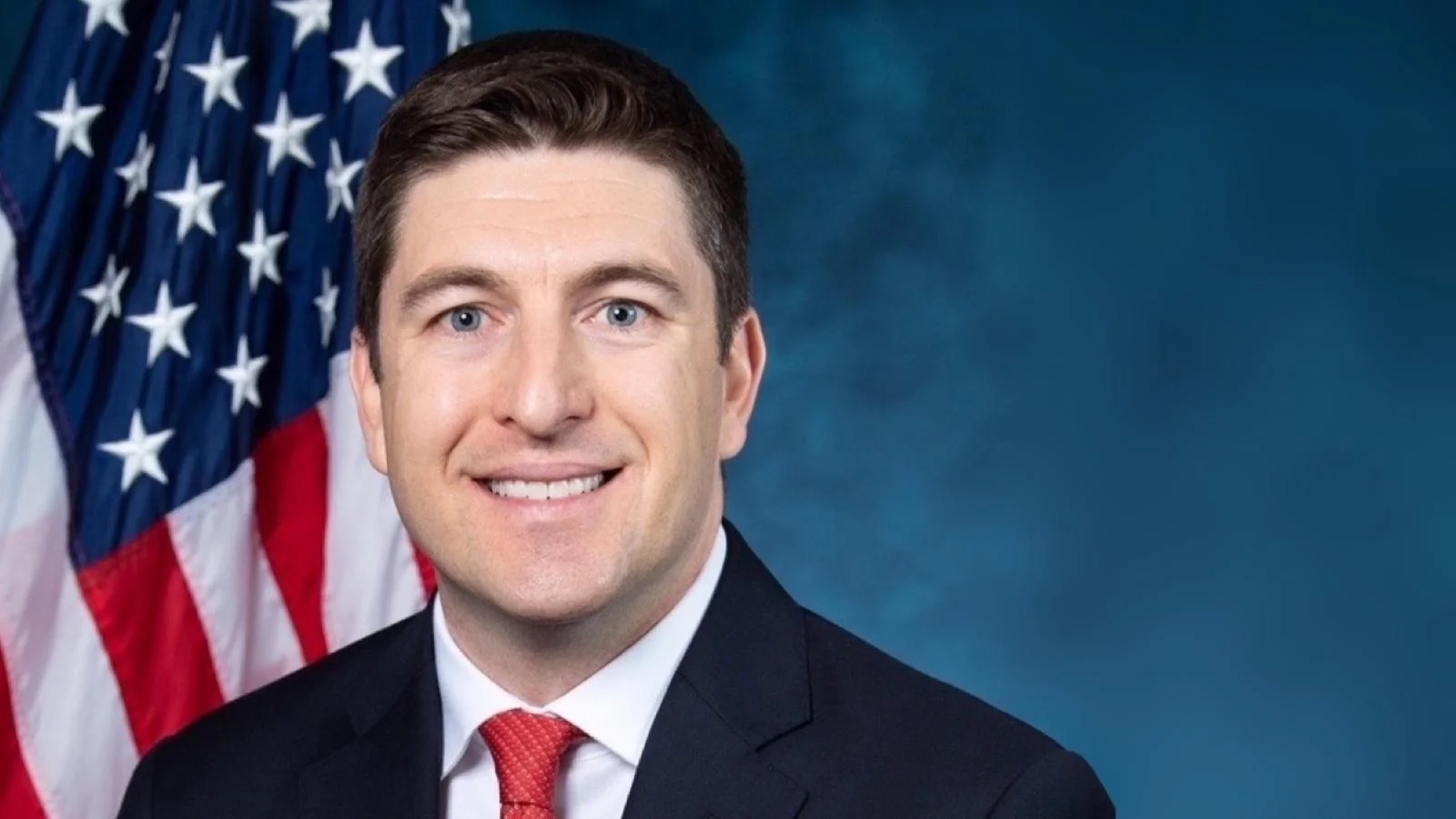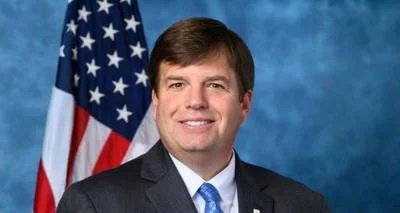The Committee on House Administration recently held a full committee hearing titled "Taking Stock of the STOCK Act," focusing on congressional stock trading and the effectiveness of current regulations.
Chairman Bryan Steil (WI-01) opened the hearing by stating, "I want to start today with the clear statement that no Member of Congress should be utilizing inside information for personal profit. Mr. Savickas, Mr. Copeland, do you both agree that we should, at a minimum, update the STOCK Act?" Mr. Copland responded, "Yes, certainly to that effect." Chairman Steil then asked Mr. Savickas for his view; he replied, "Yes."
The discussion addressed how to prevent members from profiting from nonpublic information. Chairman Steil referenced an incident from February 2020 involving the Chair of the Senate Intelligence Committee selling significant stock holdings as COVID-19 was emerging in the United States. He noted that such actions create at least an appearance of impropriety and highlighted challenges in prosecuting insider trading under current standards.
Mr. Copland explained some reasons for limited prosecutions under the STOCK Act: "Partly, for the burden of proof you talked about. I mean, reasonable doubt is relatively high. You have to have a scienter requirement or knowledge requirement. Also, you know, it's the way the STOCK Act structured is self-policing. In other words, you have your own House and Senate committees in charge of this." He added: "You know that that's my hypothesis. I wouldn't infer from the lack of prosecutions that nothing bad has happened."
Chairman Steil agreed: "So I would completely agree with you that from the lack of prosecutions, it's not because nothing bad has happened. It's because the standard for insider trading is incredibly high to prove."
Vice Chair Laurel Lee (FL-15) raised questions about distinctions between different types of investment assets owned by members of Congress: "You touched on something else that is important...would you describe for us the differences you see in...a Member of Congress owning individual securities as opposed to being invested in mutual fund and why that is something that is substantially different in terms of insider knowledge?"
Mr. Copland replied: "Well, if you're investing in a diversified mutual fund, there's essentially no risk depending on what the fund is or how it's structured...that's very different than, you own stock in a particular company and so there's going to be greater scrutiny...the broader the index, the more diversified it is, the less you'd have to worry about any sort of appearance of impropriety at all."
Dr. Greg Murphy (NC-03) emphasized bipartisan concerns over public trust due to congressional stock trades: "This is a bipartisan issue...we have lost the trust of the American people." He cited media reports regarding transactions by Paul Pelosi ahead of major policy announcements and industry funding bills as examples entered into committee records.
Dr. Murphy continued: "When you have someone who comes here with a few million dollars and leaves with close to $300 million...there is something wrong...So there are egregious examples on both sides of the aisle."
Rep. Mike Carey (OH-15) asked witnesses how inheritance situations should be handled when family members leave stocks or land to lawmakers.
Mr. Copland answered: "To some degree that's easier unless you're talking about closely held businesses...it would be easy to dispose of a publicly traded security in that case without anything else..." He noted most proposed legislation allows time windows for divestment after inheritance.
The hearing reflects ongoing debate within Congress about strengthening oversight mechanisms related to lawmakers' financial activities and maintaining public confidence.








